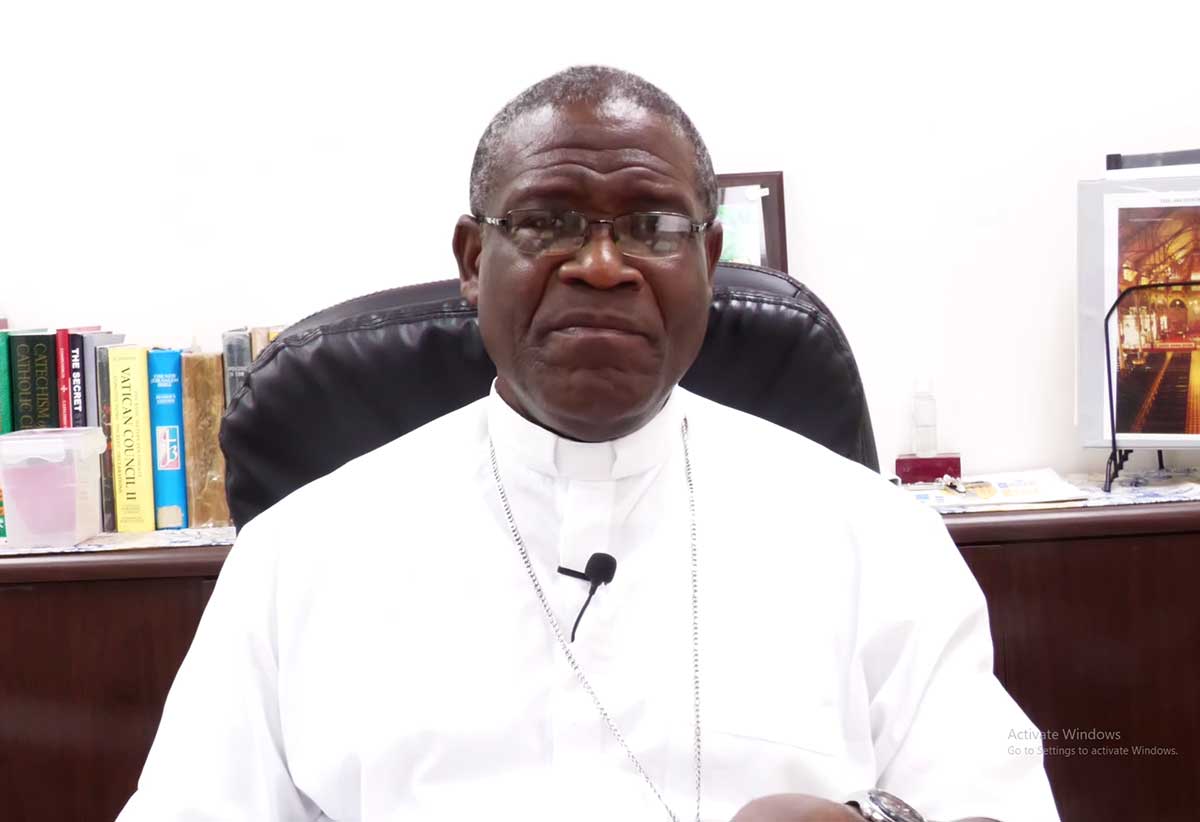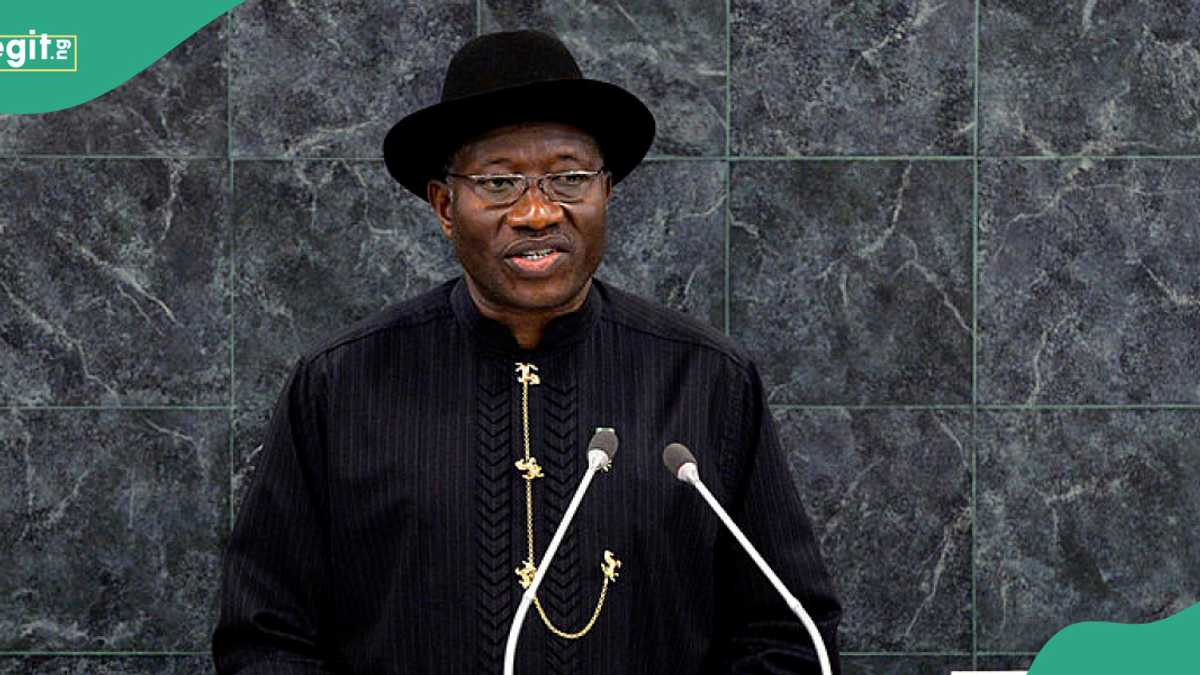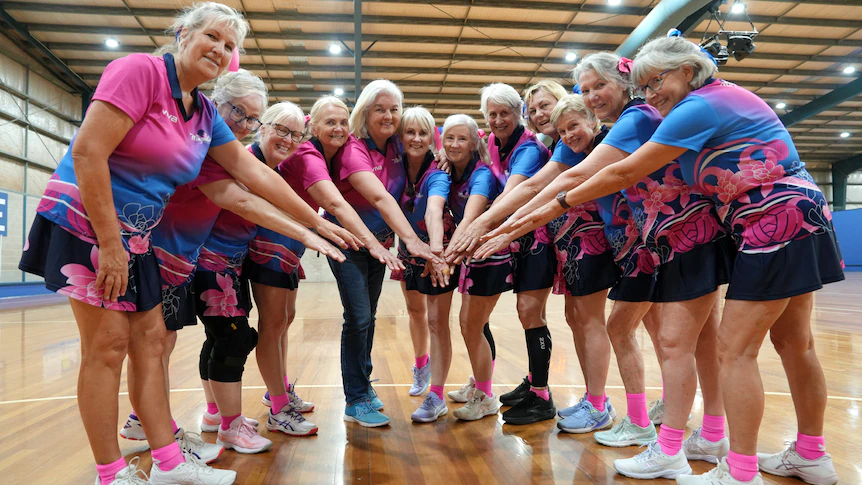Copyright thevoiceslu

The world we live in today is marked by great progress in science, technology, and communication. Yet, despite these advances, human relationships are still often plagued by hostility, resentment, and cycles of violence. At the heart of many conflicts—whether within families, communities, or nations—lies a deep-rooted culture of revenge. This way of thinking and acting is not born in a vacuum; it is cultivated from a tender age, shaped by the values we learn, the models we imitate, and the attitudes we are encouraged to adopt. If revenge becomes the seed sown in our hearts, then violence and division will be its fruits. On the other hand, if peace is cultivated—through forgiveness, respect, and understanding—it can blossom into harmony, reconciliation, and human flourishing. Where It All Begins Every culture begins in the family. The values that guide us as adults are first nurtured in childhood. If a child grows up in an environment where grudges are held, where harsh words replace dialogue, and where retaliation is considered normal, that child will likely adopt the same patterns. Parents play a decisive role: they can either encourage their children to forgive and let go, or they can foster a mindset of revenge. Consider how often we hear parents tell their children: «If someone hits you, make sure you hit back». Such advice, though perhaps intended to toughen up the child, only sows the seeds of hostility. It teaches the young mind that retaliation, not understanding, is the path to dignity. It reinforces the belief that strength is found in the ability to dominate, not in the ability to reconcile. The problem deepens when parents themselves model this behavior in public. For instance, when parents storm into schools to oppose teachers in the presence of their children, they do more than defend their child—they undermine the authority of education and implicitly teach their children that disrespect is an acceptable tool of power. The Consequences of Unforgiveness At the root of a culture of revenge is the inability to forgive. Unforgiveness festers in the heart and corrodes relationships. It manifests in family feuds that last for generations, in siblings who stop speaking to each other over inheritance disputes, and in communities torn apart by grudges. The tragic reality of battered women is another manifestation of this mindset. Where domination, not mutual respect, defines relationships, the cycle of violence and revenge thrives. Women suffer abuse, children grow up traumatized, and men become trapped in false notions of strength based on control and intimidation. All of this stems from the failure to recognize the dignity of the human person. When people are seen as inferior, as objects to be controlled, or as enemies to be crushed, society inevitably spirals into violence. Every act of disrespect toward the human person becomes a small stone in the foundation of a culture of revenge. Violence as a Sign of Weakness There is a tragic irony in the culture of revenge: those who resort to violence often see themselves as strong, yet violence is not strength—it is weakness. The inability to resolve conflicts through dialogue, patience, and mutual respect reveals a lack of inner discipline and wisdom. In many communities, disputes are quickly «settled» by the gun. The resort to firearms is not a demonstration of courage, but of fear and insecurity. A gun may intimidate, but it cannot heal. It may silence, but it cannot reconcile. Real power does not lie in the barrel of a weapon; it lies in the human mind and heart. Dr. Martin Luther King Jr. once remarked that «the mind is a terrible thing to waste». When we waste our intellectual and moral capacities on revenge and destruction, we deprive ourselves and our societies of the creativity needed to build peace. A truly strong person is not one who can strike back harder, but one who can restrain anger, forgive an enemy, and seek solutions that preserve life rather than destroy it. The Harder but Higher Road: Building Peace Working toward peace is not the easier path—it is, in fact, the harder road. It is not without basis that Jesus admonished his followers saying: «Enter by the narrow gate, since the road that leads to destruction is wide and spacious, and many take it; but it is the narrow gate and the hard road that leads to life, and only a few take it» (Matt 7:13-14). Revenge is immediate and instinctive. It requires little thought, little patience, and little virtue. Peace, on the other hand, demands discipline, humility, and resilience. It asks us to rise above our emotions, to see the dignity of the other person, and to choose reconciliation even when it costs us our pride. Building a culture of peace begins with the family, but it extends to every level of society: In schools, teaching children conflict resolution, dialogue, and respect can counteract the seeds of revenge. In communities, fostering dialogue and mediation instead of escalation can prevent violence. In nations, leaders who choose diplomacy over aggression pave the way for international peace. Peace is not passive—it is active and demanding. It requires justice, truth, and reconciliation. It requires us to replace suspicion with trust, hatred with compassion, and fear with hope. Respect for Human Dignity The cornerstone of a culture of peace is respect for the dignity of every human person. Every man, woman, and child is created in the image of God and deserves respect, regardless of race, gender, social status, or beliefs. When this fundamental truth is forgotten, societies crumble into division and violence. Ancient empires fell not merely because of external enemies but because they rotted from within—corrupted by injustice, inequality, and disregard for the dignity of their people. The same fate awaits any society that builds itself on revenge, domination, and disregard for human life. Only a culture rooted in respect for the person can endure and flourish. From Revenge to Peace: A Cultural Conversion Transforming a culture of revenge into a culture of peace requires conversion at both personal and collective levels. Each of us must ask: How do I handle conflict? Do I nurture grudges, or do I forgive? Do I encourage revenge, or do I teach peace? At the community level, schools, churches, governments, and organizations must all commit to building structures that promote justice and reconciliation. Laws alone are not enough; what is needed is a new mindset, a reorientation of hearts toward peace. A culture of revenge is destructive, shallow, and ultimately self-defeating. It begins with the small seeds of unforgiveness, disrespect, and retaliation sown in childhood and blossoms into cycles of violence that devastate families and societies. A culture of peace, by contrast, is life-giving, challenging, and enduring. It is founded on forgiveness, respect for human dignity, and the conviction that real strength lies not in the ability to strike back but in the courage to reconcile. The choice before us is clear: we can perpetuate the destructive patterns of revenge, or we can embrace the harder but higher road of peace. As Dr. Martin Luther King Jr. reminds us, wasting the power of the mind on vengeance is a tragedy; using that power to build peace is a triumph. Let us then commit ourselves, our families, and our communities to sowing seeds of peace, so that future generations may inherit not a culture of hostility, but a world where justice and love prevail.



